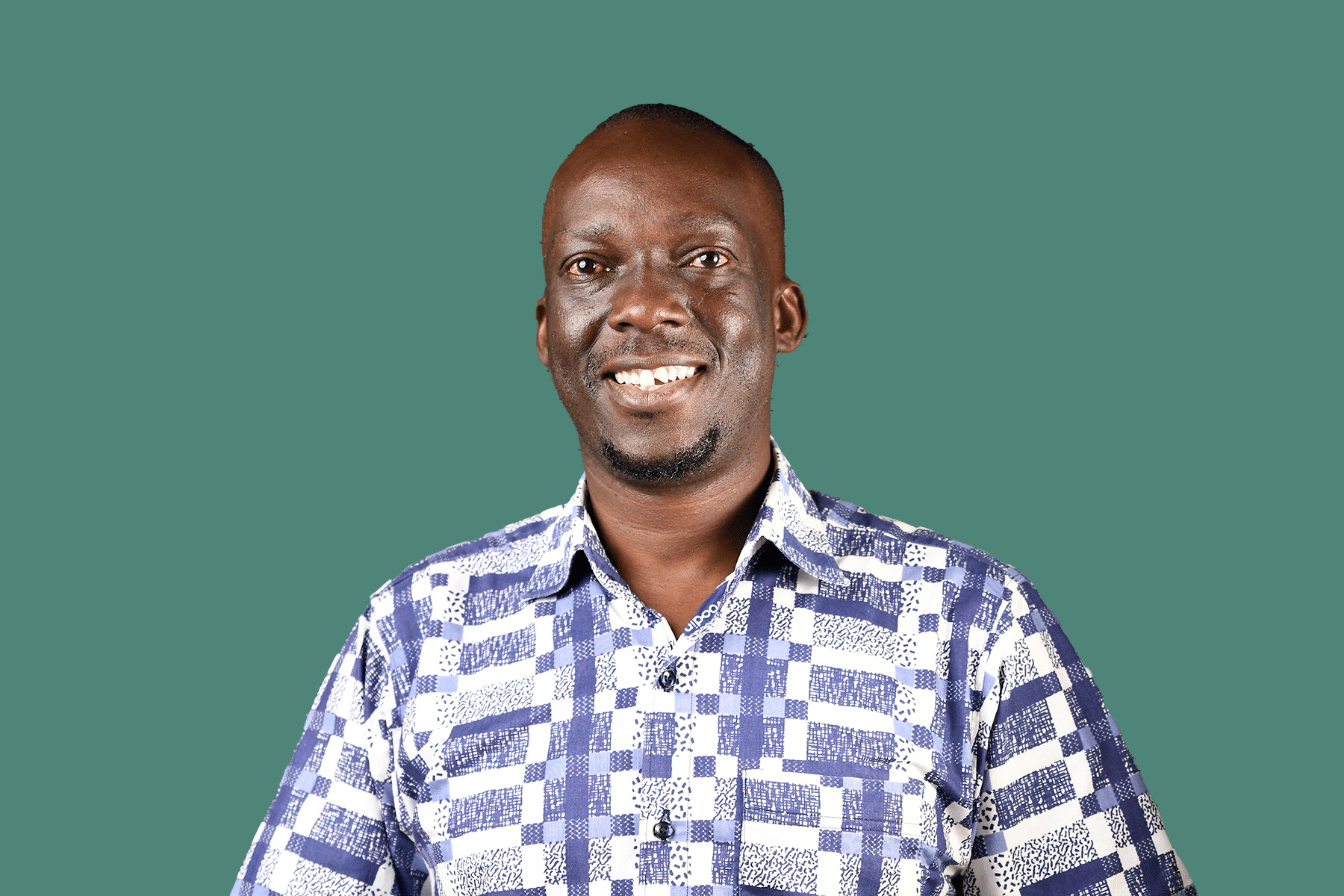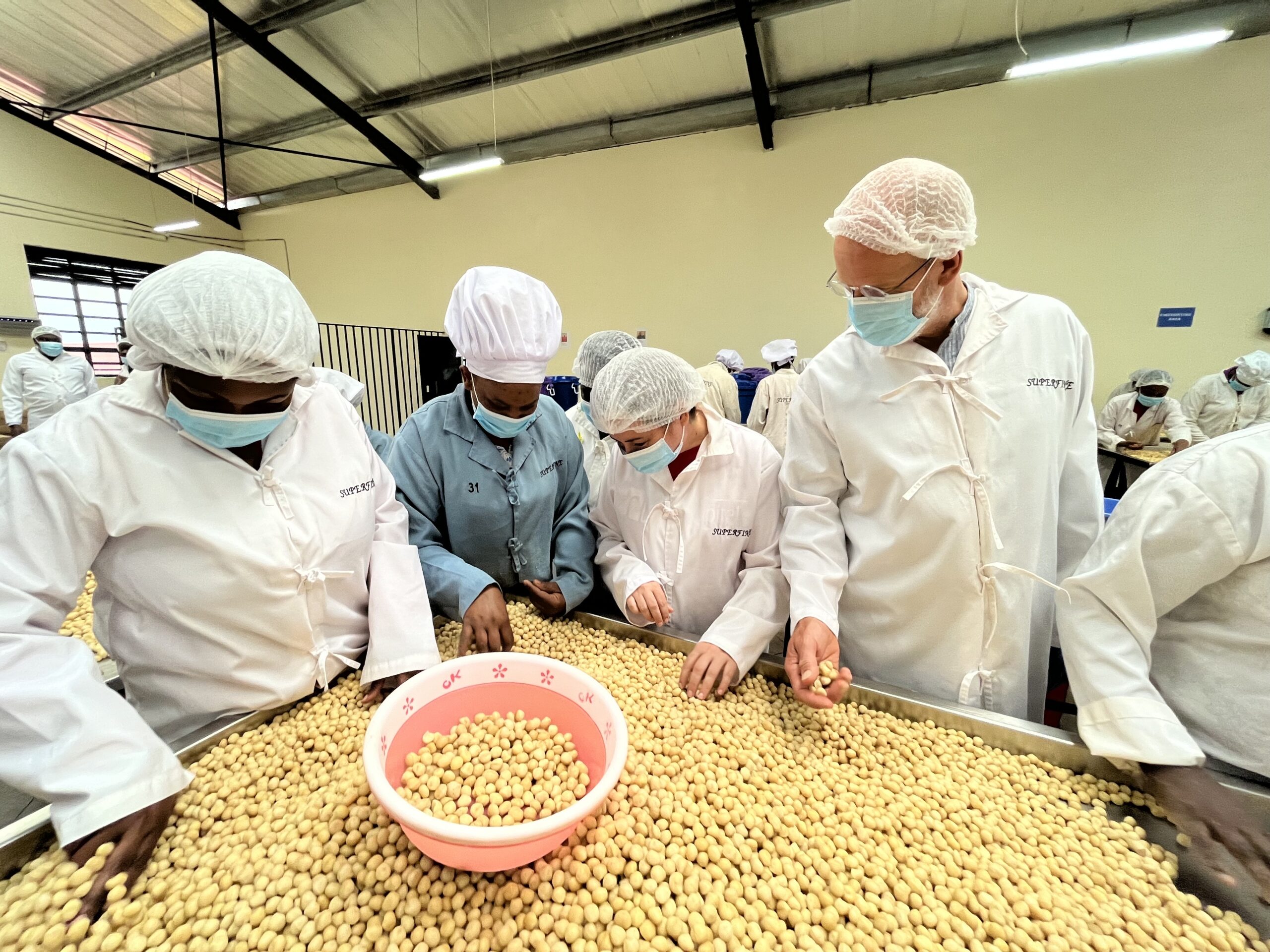 Superfine Africa Nuts employees sort macadamia nuts by hand alongside Root Capital’s Leonor Gutiérrez, Director of the Women in Agriculture Initiative, and CEO and Founder, Willy Foote. Photo credit: Root Capital
Superfine Africa Nuts employees sort macadamia nuts by hand alongside Root Capital’s Leonor Gutiérrez, Director of the Women in Agriculture Initiative, and CEO and Founder, Willy Foote. Photo credit: Root Capital
In September, I, along with my Root Capital colleagues Leonor Gutiérrez, Martin Buyeka, Willy Foote, and Rose Ochieng, had a chance to visit our Kenyan client Superfine Africa Nuts. Superfine is a macadamia processing agricultural business located in the highlands of Thika, an hour’s drive northeast of Nairobi toward Mount Kenya. Thika is an industrial town, as well as one of the major macadamia processing regions in Kenya, due to its proximity to where macadamia nuts are sourced from farmers all around central and upper eastern Kenya.
Superfine was founded by the late Simon Kariuki in 2011 as a sole proprietorship. As the business grew, he converted it into a limited liability company (LLC) in 2016. Having grown up in the macadamia business as a trader, Simon was driven by a passion to serve macadamia farmers from his hometown in Gatanga Constituency. He believed that by establishing a macadamia processing facility, he could provide employment to hundreds of people in the local community and ensure that smallholder macadamia farmers were fairly compensated for their produce.
Today Superfine sources from 4.5K macadamia nut farmers, processing and exporting macadamia nuts to customers across Europe, Asia, and the Americas. The company employs 250 people, 230 of whom are women, in their cracking facility. Superfine exemplifies the values that Root Capital looks for in a client: They are committed to uplifting local women and employees, promoting climate action initiatives, and giving back to their community.
Superfine has been a Root Capital client since 2016 when they started out with a $160K loan. This year, Root Capital loaned Superfine $2M, and has also helped attract several other social impact lenders, including fellow Council on Smallholder Agricultural Finance (CSAF) members Incofin, Alterfin, and responsAbility.
One of the reasons why I’m blown away by Superfine’s progress since 2016 is because they have demonstrated that they are committed to sustainable growth-that is, growth that doesn’t come at the expense of the climate, their employees, or their company values. Superfine has utilized the full gamut of Root Capital’s advisory services, from our Talent Partnerships Program to our agronomic advisory services, business management, and leadership development training-all in a concerted effort to grow and improve every aspect of their operations.
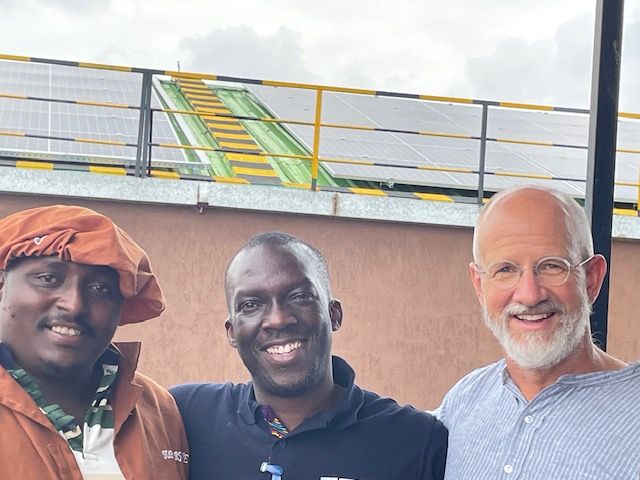
From left: Superfine Africa Nuts’ Solar Lead, Benson Matheri, with Peter Onguka, Root Capital’s Head of Lending, Africa, and Willy Foote in front of the solar panels at Superfine Africa Nuts’ cracking facility. Photo credit: Root Capital
Taking a Climate-Forward Approach
Earlier this year, Superfine received a Root Capital loan to transition their facility to solar power and reduce their use of carbon-based energy. Kenya’s climate and abundant sunshine make it ideal for generating solar energy. In July, roof-mounted photovoltaic panels were installed at Superfine’s facility-and in a few short months, the transition to solar power has already brought Superfine’s energy costs down by 47%.
Additionally, a climate resilience grant from Root Capital, coupled with our agronomic and climate resilience advisory services, enabled Superfine to establish a fully operational business-level tree nursery for macadamia seedlings, avocado tree seedlings, and other tree species. A key part of Superfine’s sustainability plan, the nursery was established to make quality seedlings more accessible and affordable for Superfine’s farmers.
Superfine is also preparing to embark upon one of Root Capital’s most innovative agronomic advisory services: the Digital Extension Advisory Service (DEAS). DEAS leverages short message service (SMS) technology to provide the most relevant, timely, and tailored technical tips to both Superfine staff and their farmers. Through this service, Root Capital will help Superfine build the agronomic capacity of its employees to improve their farmer training and information-sharing capabilities. This solution will work in tandem with our Talent Partnership Program, as both interns and Superfine staff can collaborate together to support enterprise and farmer growth.
The rural macadamia nut farmers that Superfine works with are poised to see tangible benefits from this service: They will receive either SMS or WhatsApp messages at key moments in the harvest cycle on diverse topics like planting, shade management, weeding, flowering, crop development, pruning, stumping, desuckering, rainy season management, fertilization, erosion, harvesting, washing, drying, storage, transportation, and quality. This real-time SMS service will help ensure Superfine’s farmers receive timely reminders on agronomic best practices, with the aim of generating greater crop yield and productivity.
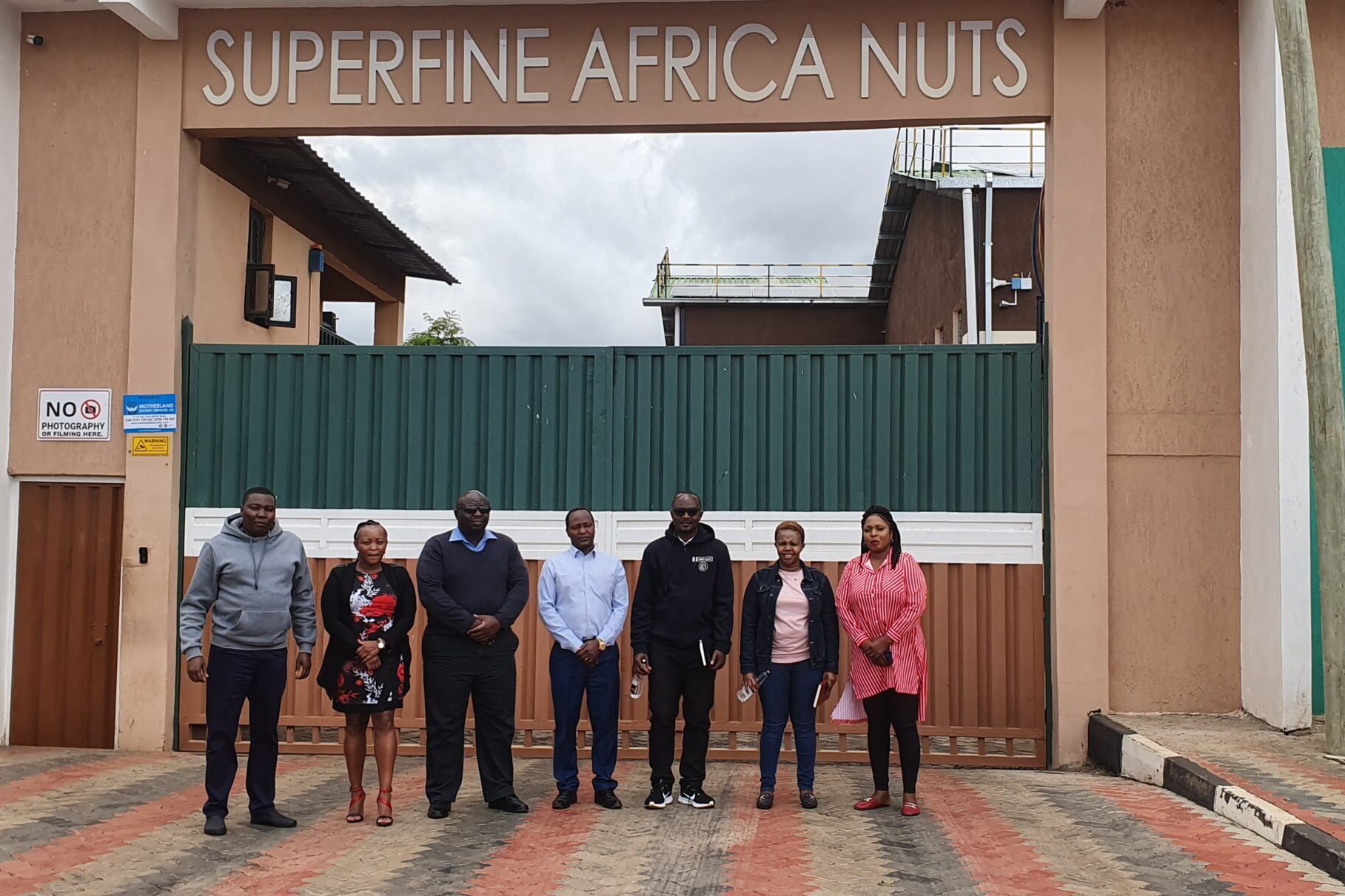 Superfine Africa Nuts employees at the entrance to the cracking facility. Photo credit: Root Capital
Superfine Africa Nuts employees at the entrance to the cracking facility. Photo credit: Root Capital
A Longstanding Commitment to Gender Inclusion
Superfine isn’t just a climate champion; the agricultural enterprise is also firmly committed to uplifting women. All employees in the cracking facility work 12 months per year, an explicit choice to keep women employed all year long, even though it lowers margins. They also have seasoned women leaders at the senior management level. With a Gender Equity Grant from Root Capital, Superfine established a SACCO (Savings and Credit Cooperative Organization) and almost half of all staff now participate in it.
SACCO members are putting their savings to good use. Many have invested in motorcycle taxis that can be rented out for additional income, as well as personal and family transport. Others have used their savings to purchase land. Once Superfine solidifies the SACCO operation with its employees, they plan to move to offering this service to local farmers.
Dedicated to Giving Back
Superfine’s visionary founder, Simon Kariuki, had strong ties to the local Thika community. He was deeply invested in alleviating local poverty and his successor, CEO John Mwangi, has carried this commitment forward. As part of this mission, Superfine coordinated with the municipal authorities to finance the sewer line for their whole neighborhood. The company’s neighbor is a primary school, which also benefits from improved sanitation. Superfine also paid for a bore hole (a well for potable water), which they’re sharing with the neighboring school, and has worked with the local government to finance speed bumps on the main road to reduce danger for students from crossing the street. But Superfine isn’t stopping there-the company has plans to one day build a daycare center and pilot biodigester technology, with Root Capital’s technical and financial support. I couldn’t be more excited about what the future has in store for this forward-looking agricultural business!
Feeling inspired? Support our work!
You may also be interested in...
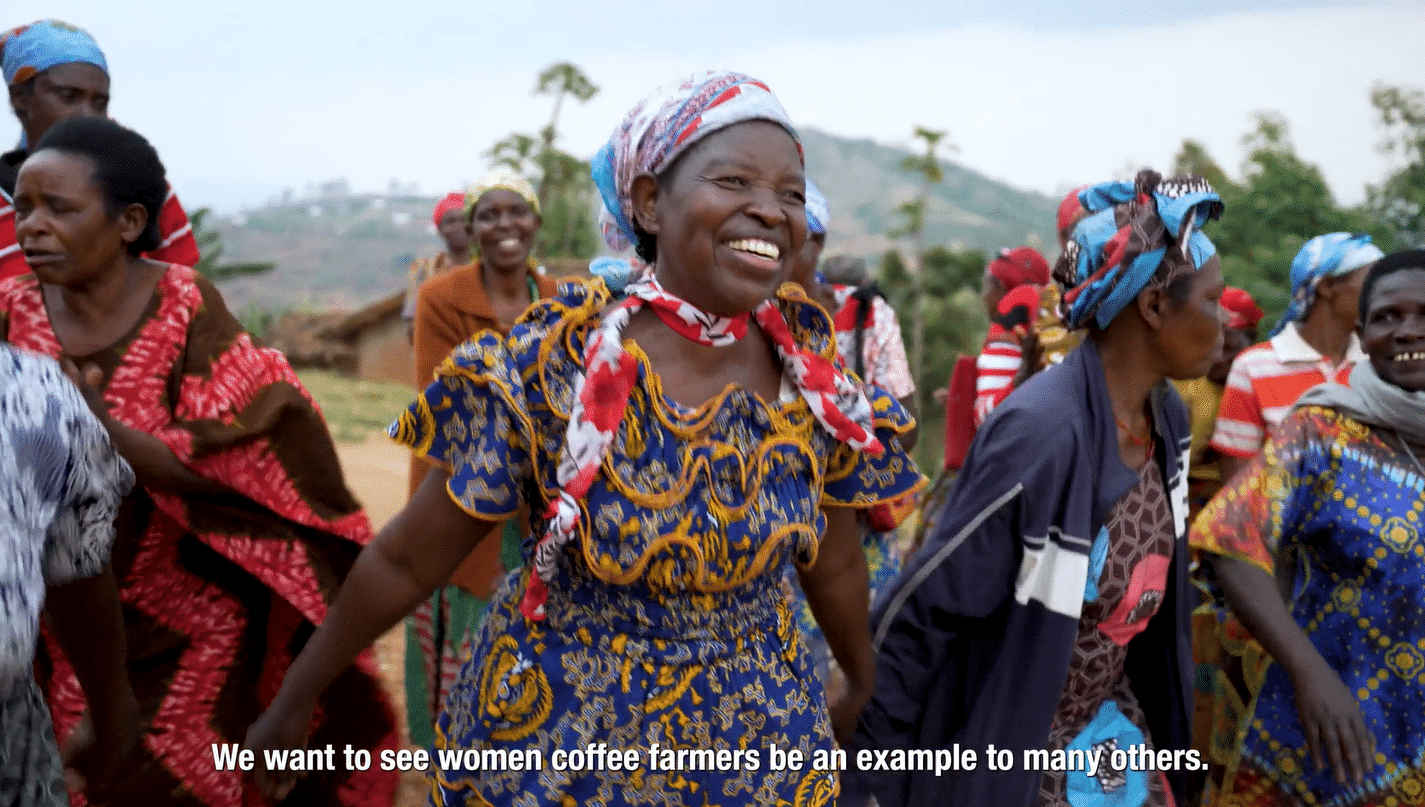
VIDEO: Celebrating 10 Years of Our Women in Agriculture Initiative
Approximately, 2.5 billion people worldwide rely on small-scale agriculture for their livelihoods. Most of them live
Date:
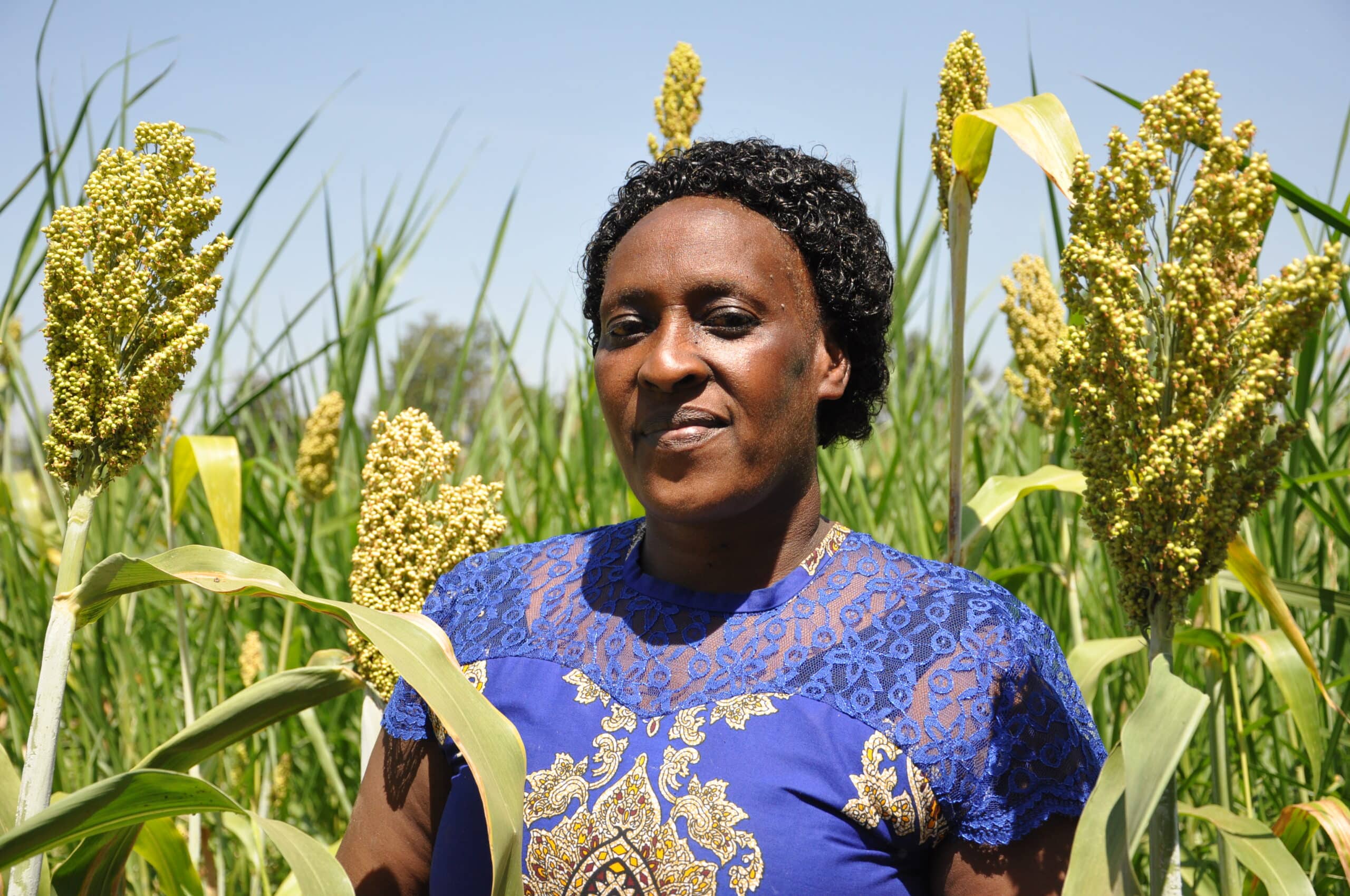
Announcing Our New Climate Resilience Roadmap Annual Report
Deep in the Meru region of Kenya, Shalem Investments has witnessed firsthand the effects of shifting
Date:
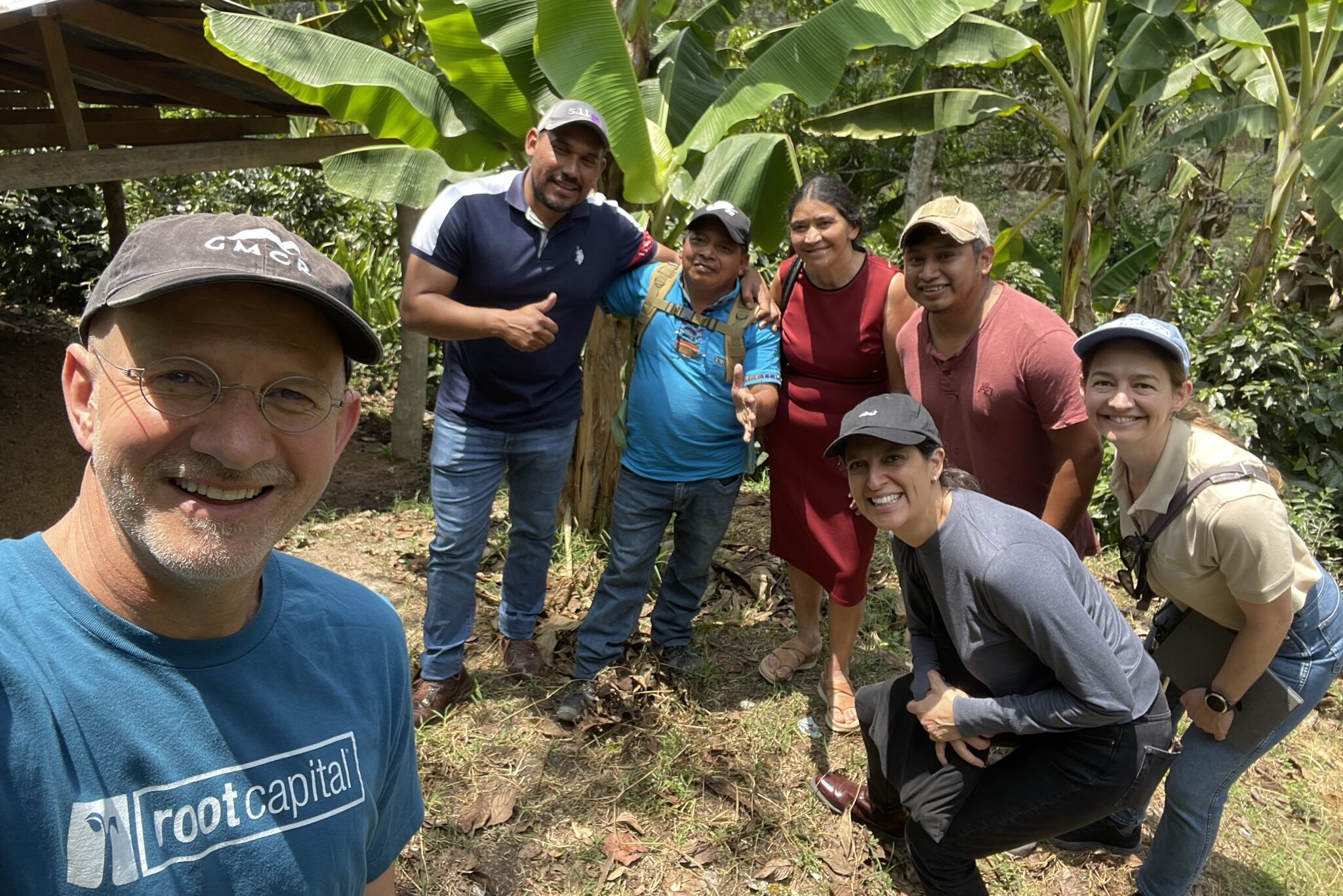
IN PHOTOS: How Small Businesses Are Driving Rural Prosperity and Tackling Climate Change in Honduras
In March, I went on my fourth trip with Root Capital—one very near and dear to my heart because it was to my home country: Honduras. As someone who was born and grew up there—and who has since spent a career working to address the challenges of poverty, climate change, and migration in this region and beyond—it was very meaningful to once again be amid the verdant farms and vibrant communities at the heart of this work…
Date:

